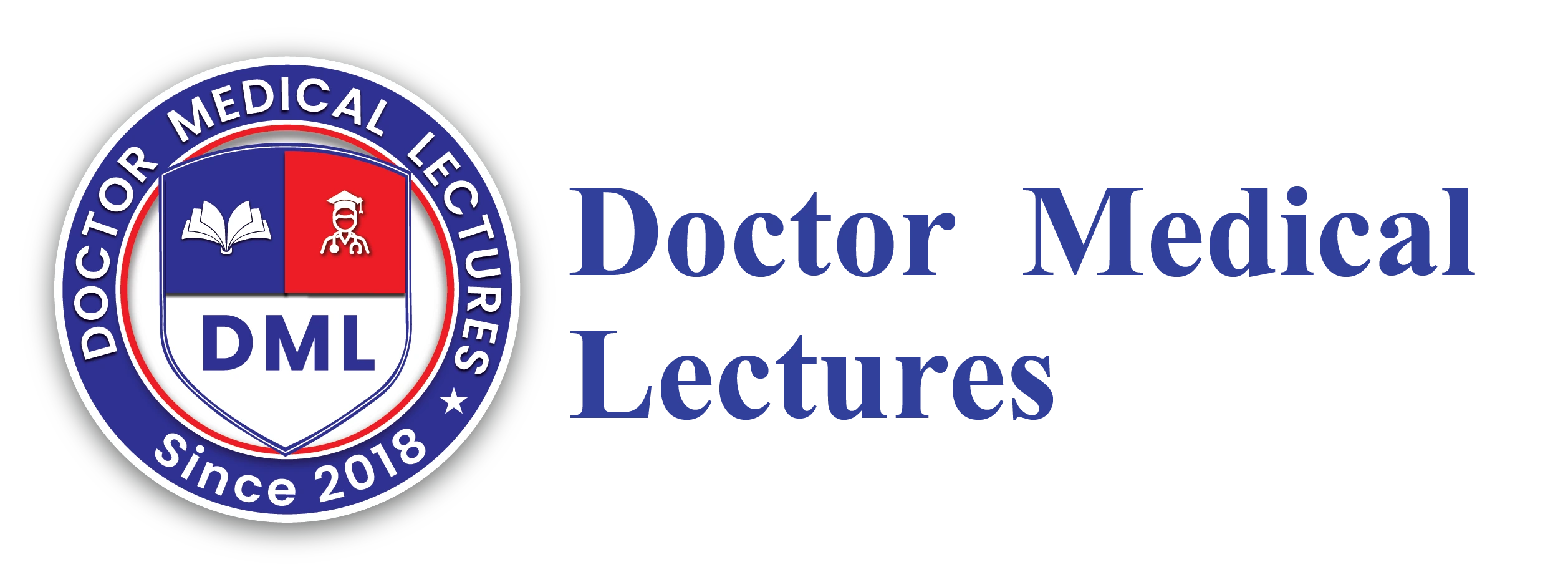Introduction
This National Residency Examination NRE Step 2 Syllabus is a crucial step for professional development. Medical professionals who wish to enroll in medical practice or specialty postgraduate programs must meet the required examination and training criteria. The second component of the NRE, the second step, is focused on evaluating. The candidate’s ability to put into practice the clinical skills and knowledge within real-world settings in medical practice. It is comprised of two elements. Clinical Knowledge (CK) and Clinical Skills Examination (CSE). The two parts are designed to evaluate specific aspects of competence in medicine.

This manual provides an in-depth and logical description of 2025 NRE Step 2 syllabus. Its parts, assessment strategies, and methods of preparation assist candidates in reaching their objectives.
Clinical Skills Examination (CSE) (NRE Step-2)
Candidates must be able to pass the theoretical as well as Clinical Skills Examination (CSE) parts separately. Before being certified successful on the NRE. The minimum passing score for the theory (MCQs) component is 60 percent. As well as the required minimum score to pass the CSE comprising the obligatory stations, is 60 percentage. The Angoff technique is used to standardize the NRE exam.
The CSE consists of three compulsory stations that have to be cleared separately. If a candidate achieves at least 60% or greater within the CSE. However fails to pass even one of the mandatory stations then they’ll be deemed unqualified for the whole CSE. The NRE will not have negative marks for either the theory or CSE parts that comprise the NRE.
Who have passed in the theoretical part (MCQs). However fail the CSE must return to the CSE section only and register according to the rules. But, if a student is unable to pass the CSE within 3 (03) consecutive times. They’ll have to take a second attempt at the theory as well as CSE component at the 4th attempt. The rule applies for each of the three unsuccessful CSE attempts.
Clinical Knowledge (CK) Component
The Clinical Knowledge segment of the NRE Step 2 syllabus evaluates a candidate’s understanding of the fundamental medical sciences. The ability to utilize the knowledge they have acquired in clinical situations. This exam is written using multiple-choice questions (MCQs). That are often based on cases in order to replicate real world scenario of care for patients. The topics tested in the CK section include the following. Internal Medicine surgery Pediatrics Obstetrics and Gynecology Psychotherapy, as well as the Community Medicine.
Candidates should be able to demonstrate competence in diagnosing and management, as well as the understanding of imaging and laboratory findings and an awareness of ethical and legal issues in the practice of medicine. The CK part places an important focus on the safety of the patient and health education for the public, by integrating the principles of evidence-based medical practice. An average score of 60% is needed for this part to be passed. The exam, however, is not based on negative marking. This approach encourages candidates to attempt all the questions without worrying about penalties for wrong answers.
From Theory to Real-World Clinical Practice
The CK test typically consists of various timed segments, along using scenario-based tests designed to test analytical thinking as well as knowledge integration and the judgement of a clinical practitioner.Clinical Skills Examination (CSE). It is the Clinical Skills Examination is the real-world counterpart to the CK component. It assesses the ability of a candidate to be effective in the clinical environment by examining the use of a set of Objective Structured Clinical Examination (OSCE) stations. The stations require interaction with standardized participants (trained actors) with a focus on the most important subjects like the taking of medical histories and medical examination and clinical reasoning, communicating and documenting.
Every candidate has to complete several stations that test a variety of practical encounters. There are three compulsory stations, which focus on the most important competences. Successfully passing all three compulsory stations, as well as getting the overall score at least 60% over all stations, is the only way to pass CSE. Inability to pass at least one of the required stations can result in failing the whole CSE component regardless of the performance at the other stations.
Evaluation Criteria and Retake Attempts
The CSE simulates real clinical scenarios and requires students to think creatively, interact compassionately with patients, and demonstrate professionalism throughout. Communication abilities are very much examined, since the capacity to communicate clearly and give advice is the most important requirement in contemporary medical practice. If the candidate has passed the CK however fails the CSE They are able to return only for CSE.
But, those who do not pass in the CSE three times consecutively have to try again both the CK as well as CSE elements on the fourth attempt. Similar to the CK component CSE, it is not a negative marking test. CSE doesn’t include negative marking. It focuses on abilities and consistency in penalization.
Standardisation and Scoring
To guarantee an equitable evaluation for every candidate, NRE Step 2 Syllabus adopts the Angoff Method as its standard-setting procedure. This approach involves specialists who assess every test component and calculate the likelihood that even a proficient candidate can complete the task accurately. These scores are used to calculate the score required for each test component.
This technique ensures that scoring criteria are in line with the current standards of education and the expectations of clinical professionals, which allows for the sameness and fairness. It also adapts to the complexity of tests which makes the process of assessing solid and enforceable.
Preparation Strategies
Achieving success on NRE Step 2 Syllabus requires dedicated training that integrates theoretical knowledge along with hands-on training. In the CK part, applicants should utilize high-yielding books, review guides based on evidence and online question banks. Practice MCQs often and practicing test conditions will help you become more familiar with the structure and enhance abilities to manage time.

To pass the CSE, students must attend both clinical skills sessions and simulation OSCE sessions. Participating in a role-play with fellow students and getting feedback from mentors or faculty aids in developing interpersonal skills as well as the techniques for clinical examinations and also case record keeping. Training under timed conditions gives greater control in the final examination. Consistent and well-organized documentation is crucial, because poorly written clinical session notes can negatively affect scores. Medical professionals should use structured note formats like SOAP (Subjective, Objective, Assessment, and Plan) to maintain effective documentation. Candidates must also develop the habit of listening to situations in the clinic aloud as well as performing differential analysis to enhance ability to diagnose.
Conclusion
An understanding of the syllabus, format of exams as well as scoring requirements lets candidates approach their exam preparation in a shrewd and efficient way. By focusing on their study, clinical training, and exposure to the conditions of a simulation, potential medical professionals are able to aim at success at this critical phase of their journey to medical school. NRE Step 2 Syllabus in 2025 NRE Step 2 Syllabus stands as an indicator of how prepared and will guide future doctors towards the highest standards and full responsibility during their professional careers.
FAQs
Q1. Are there compulsory stations on the Clinical Skills Examination (CSE )?
Yes, the CSE has three stations that are mandatory. Candidates must pass each of the three required CSE stations even if their overall score exceeds 60%.
Q2. Do you see negative marking on this NRE Step 2 Syllabus exam?
It is not the case. There is no negative marking on neither exam questions CK or CASE elements that comprise the NRE Step 2 exam.
Q3. What happens when a candidate gets the CK but is unable to pass the CASE?
Candidates who have passed the CK but do not pass. The CASE can be able to reappear in the CSE portion but only. The candidate is not required to repeat the CK component.
Q4. What’s the policy regarding failing the CSE?
A candidate who is unable to pass the CSE component on three consecutive attempts. They need to try again both CK as well as CSE component on the 4th attempt.
Q5. What is the method by which the NRE Step 2 Syllabus exam standardized?
The Angoff Method ensures uniformity by using expert judgment to determine scores accurately. Determining minimum competence and makes the process of evaluating equal and consistent.
Q6. What is the best way to prepare candidates for the CK component?
The CK component must include reading in high-yielding textbooks. Solving MCQs and taking practice exams, and paying attention to the applying skills.
Q7. What methods can you use to prepare for the CSE?
Candidates are advised to take practice exams similar to OSCE. As well as participate in simulations for clinical purposes and role-playing activities to improve their writing and communication skills.
Q8. Do professional behaviour be evaluated in the CSE?
Yes, applicants are assessed based for professionalism. This includes the ability to communicate, empathy, engagement and ethical conduct.
